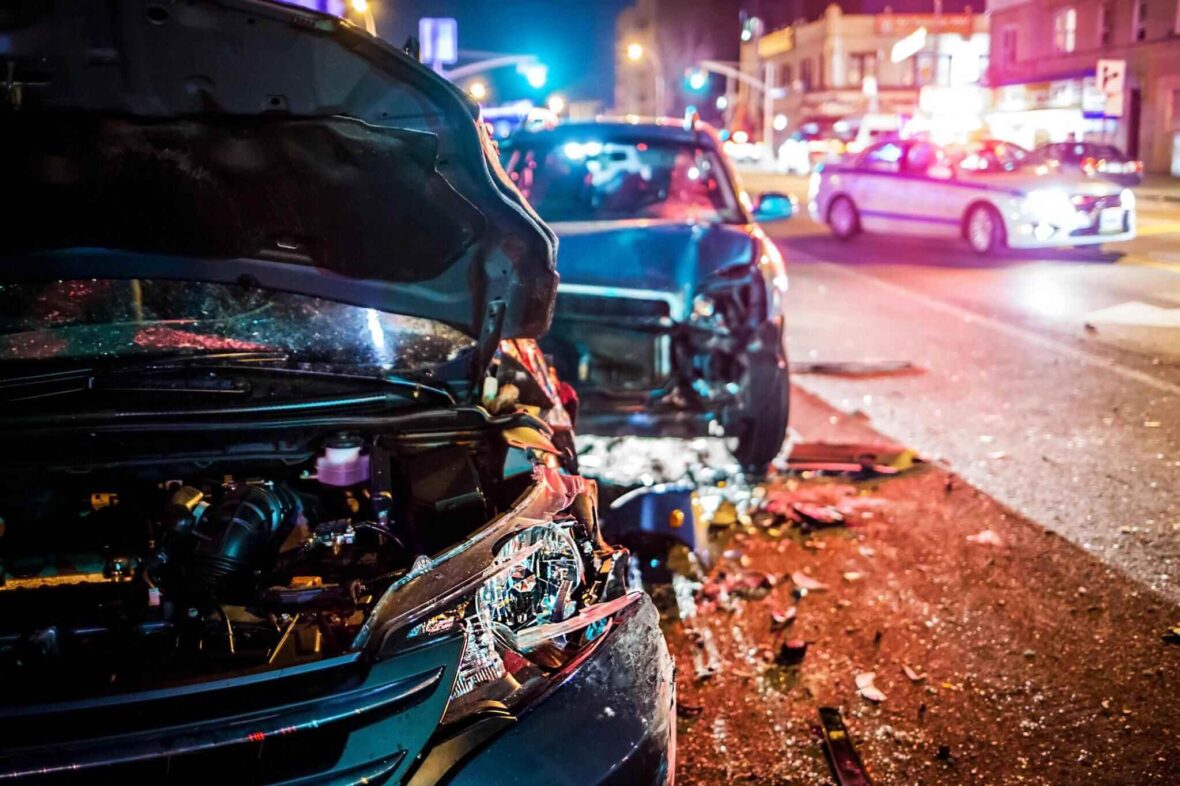Navigating the aftermath of a car accident in Florida involves understanding the state’s specific laws and regulations regarding liability and insurance. Florida follows a no-fault insurance system, which has a significant impact on how liability is assessed and what insurance claims can be pursued following an accident.
Contents
Protecting Your Rights
1. Legal Representation
An experienced Tampa car accident attorney can help you navigate the complexities of Florida’s liability laws, especially if the accident resulted in serious injuries.
2. Dealing with Insurers
Be cautious when providing statements or signing documents from insurance companies, as these can impact your ability to seek further compensation. Knowing the specifics of your insurance policy will help you make informed decisions about filing claims and seeking additional damages.
Knowing The No-Fault Insurance System
1. What Does No-Fault Mean?
In a no-fault state, individuals turn to their own insurance coverage for personal injury protection (PIP) benefits, regardless of who is at fault for the accident. PIP benefits typically cover medical expenses, a portion of lost wages, and death benefits.
2. Florida’s Specifics
Florida law requires drivers to carry a minimum of $10,000 in PIP coverage and $10,000 in property damage liability (PDL). To secure PIP benefits, the initial medical treatment must be received within 14 days of the accident.
Filing A Claim Under No-Fault
Process Of Filing A PIP Claim
Inform your insurance company about the accident as soon as possible to start the claims process. Keep detailed records of all medical expenses, treatments, and any other costs incurred due to the accident.
Circumstances Allowing For Legal Action Beyond PIP
Serious Injury Threshold
Florida allows you to step outside the no-fault system and file a lawsuit against the at-fault driver if you suffer serious injuries exceeding the threshold defined by law. A serious injury may include significant and permanent loss of an important bodily function, permanent injury, significant scarring or disfigurement, or death.
Determining Fault In Florida
1. Comparative Negligence Rule
Florida follows a “pure comparative negligence” rule, meaning that if you share some blame for the accident, your compensation may be reduced by your percentage of fault.
2. The Role Of Evidence
Proper evidence, such as police reports, eyewitness accounts, and photographs, can help establish fault in an accident. Accident reconstruction experts and investigators may also provide critical insights into how the accident occurred.
Ways To Prove Fault In A Car Accident Case
To hold someone responsible for a car accident, you need to establish that their negligence caused the crash. Here are ways to prove fault:
1. Police Reports
A police report often contains the officer’s observations and sometimes an indication of which driver they believe was at fault. This can be a persuasive piece of evidence in proving liability.
2. Witness Statements
Witnesses to the accident can provide objective accounts of what happened, which can support your version of events.
3. Traffic Laws
Violations of traffic laws, such as running red lights or speeding, demonstrated by citations or traffic camera footage, can serve as evidence of the other driver’s fault.
4. Photographs And Videos
Photos and videos from the accident scene showing vehicle positions, road conditions, traffic signals, and property damage can be powerful visual evidence of fault.
5. Accident Reconstruction
Professionals can reconstruct the accident using the available evidence to demonstrate how the collision occurred and who is likely to blame.
6. Vehicle Damage

The location and extent of vehicle damage can help indicate how an accident occurred and who was at fault.
7. Admission Of Fault
Sometimes, a driver may admit fault at the scene or apologize for causing the accident. Such admissions can be used as evidence in your case.
The Importance Of Being Informed
Understanding your rights and the legal framework for liability after a car accident in Florida is essential. The no-fault insurance system simplifies initial claims for minor accidents but can become complex when severe injuries are involved.
Remember to report accidents promptly, document all aspects of the incident and your expenses, and consider consulting an attorney to ensure that your rights are fully protected. Adhering to these guidelines will help you effectively handle the pressures and responsibilities that arise after a car accident in Florida.




